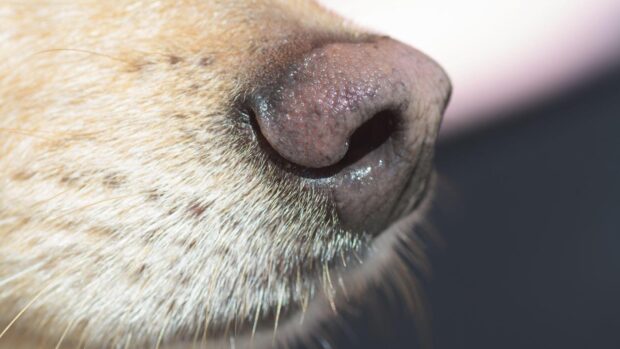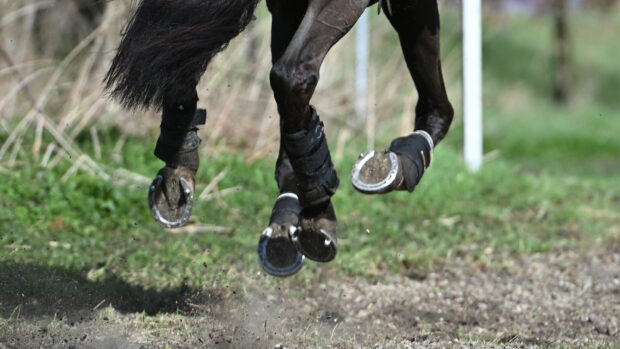New rules to make international horse sport “cleaner” came into force on Monday, 5 April, and riders across the UK will feel the effects in coming years.
The complete restructure of rules by the FEI (the international governing body of horse sport) clarifies “medication” and “doping” and introduces a set of tough new penalties.
They will affect:
• the way horses are treated and stabled at international events
• how horses are managed at home
• the way in which events are organised
The clean sport initiative was agreed at the FEI general assembly in Copenhagen in November. The meeting was dominated by the row over bute, but national federations, including the British Equestrian Federation (BEF), voted to roll out the initiative nationally and have until 2012 to implement those changes.
British disciplines have met to discuss a national programme on medication control — which would include a national testing scheme.
British team vet John McEwen told H&H: “At the moment, each discipline has its own testing system. We’re not necessarily talking about increasing the levels of testing, but introducing a uniform, BEF-run scheme.”
The integrity unit
The FEI has employed Quest, a London-based international investigative firm, to provide ongoing assessment of the “integrity of the sport”.
A telephone line and email have been set up for people to report anonymously any concerns they may have within the sport.
Personnel from Quest are tasked with gathering intelligence on corrupt practices within horse sport and assessing security at equestrian events — at which they will also do undercover surveillance.
Paul Greenwood, part of the unit, will be visiting Badminton Horse Trials in May for a behind-the-scenes look at a UK event.
Clarification on drugs in horse sport
The FEI has completely overhauled its system for listing drugs. Before, substances were listed in broad categories by type — for example “drugs that affect the nervous system” — now there are two lists:
• Banned substances: deemed by the FEI to have no legitimate use in equine medication and/or to have a high potential for abuse, eg human antidepressants, antipsychotics, nervous system stimulants
• Controlled medication substances: about 1,200 medications banned in competition that are recognised to have therapeutic and/or common uses, but have the potential to enhance performance at certain levels, for example non-steroidal anti-inflammatories (NSAIDs), local anaesthetics, cough suppressants and bronchodilators.
The lists are available in an online database (at www.feicleansport.org ) that anyone can use. To find out whether a drug is on the list, you just type in the first two or three letters of its name.
Riders are now required to fill in a medication logbook for their horses — similar to those kept on racing yards — on which any medication given out of competition must be recorded.
For the full article on the new FEI rules, see the current issue of Horse & Hound (8 April, ’10)



